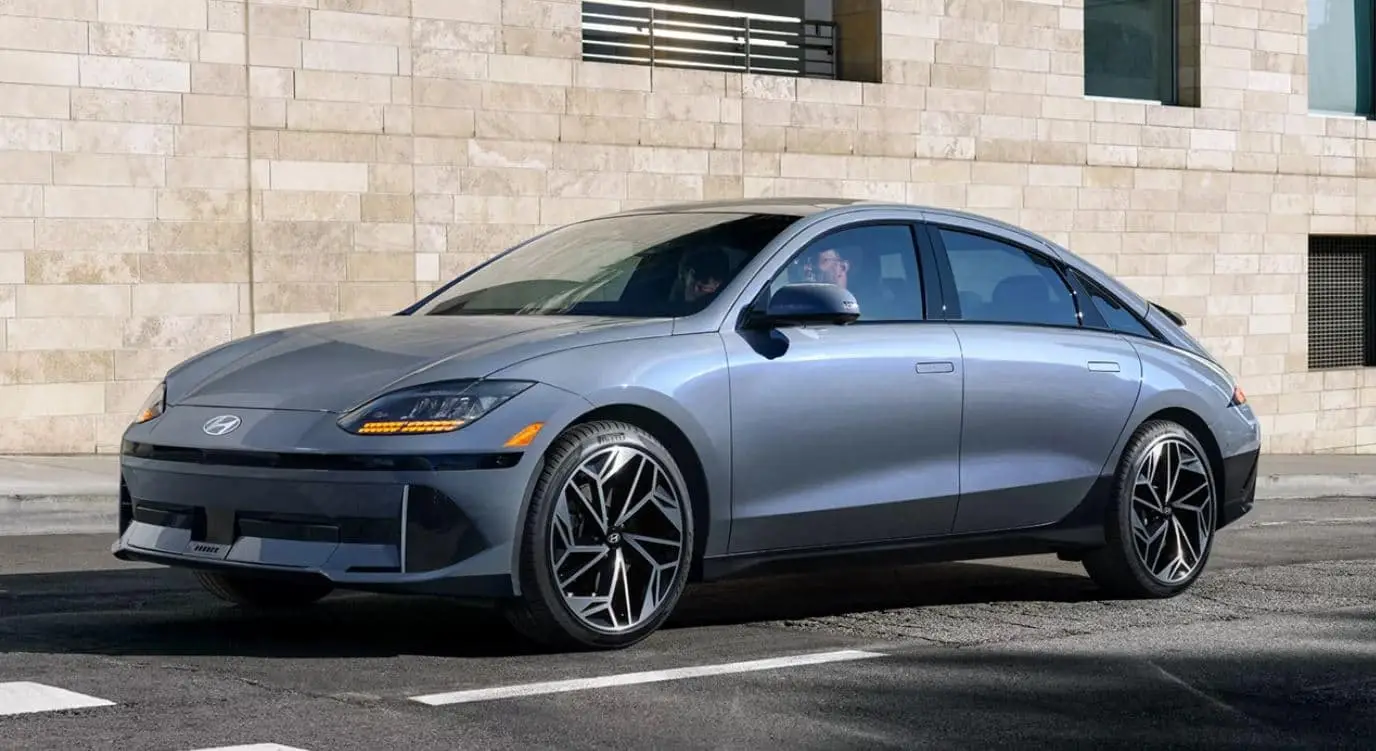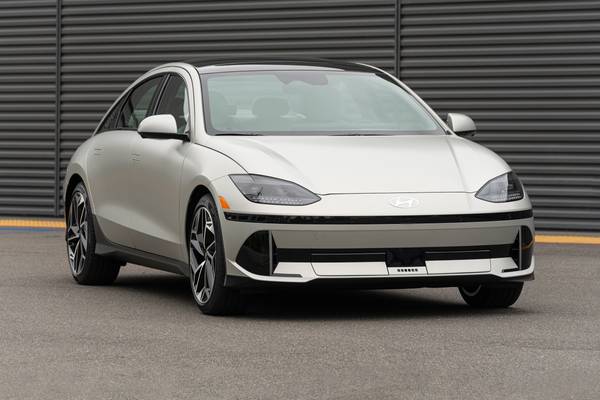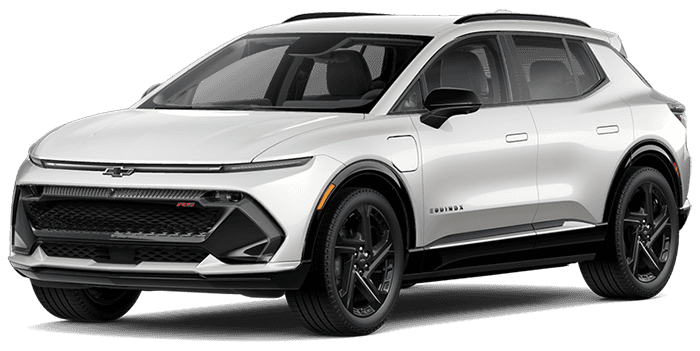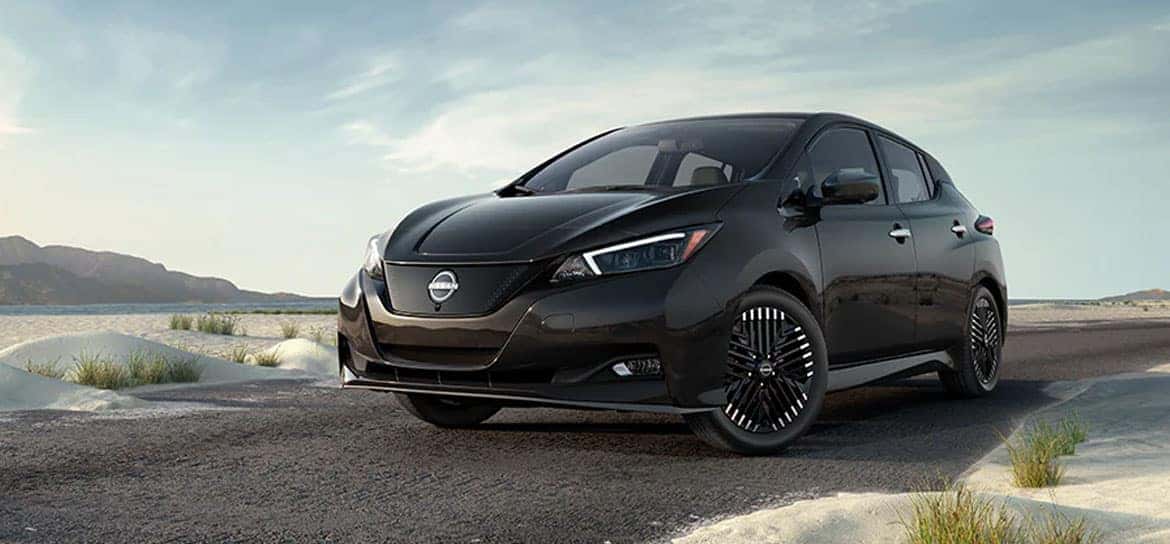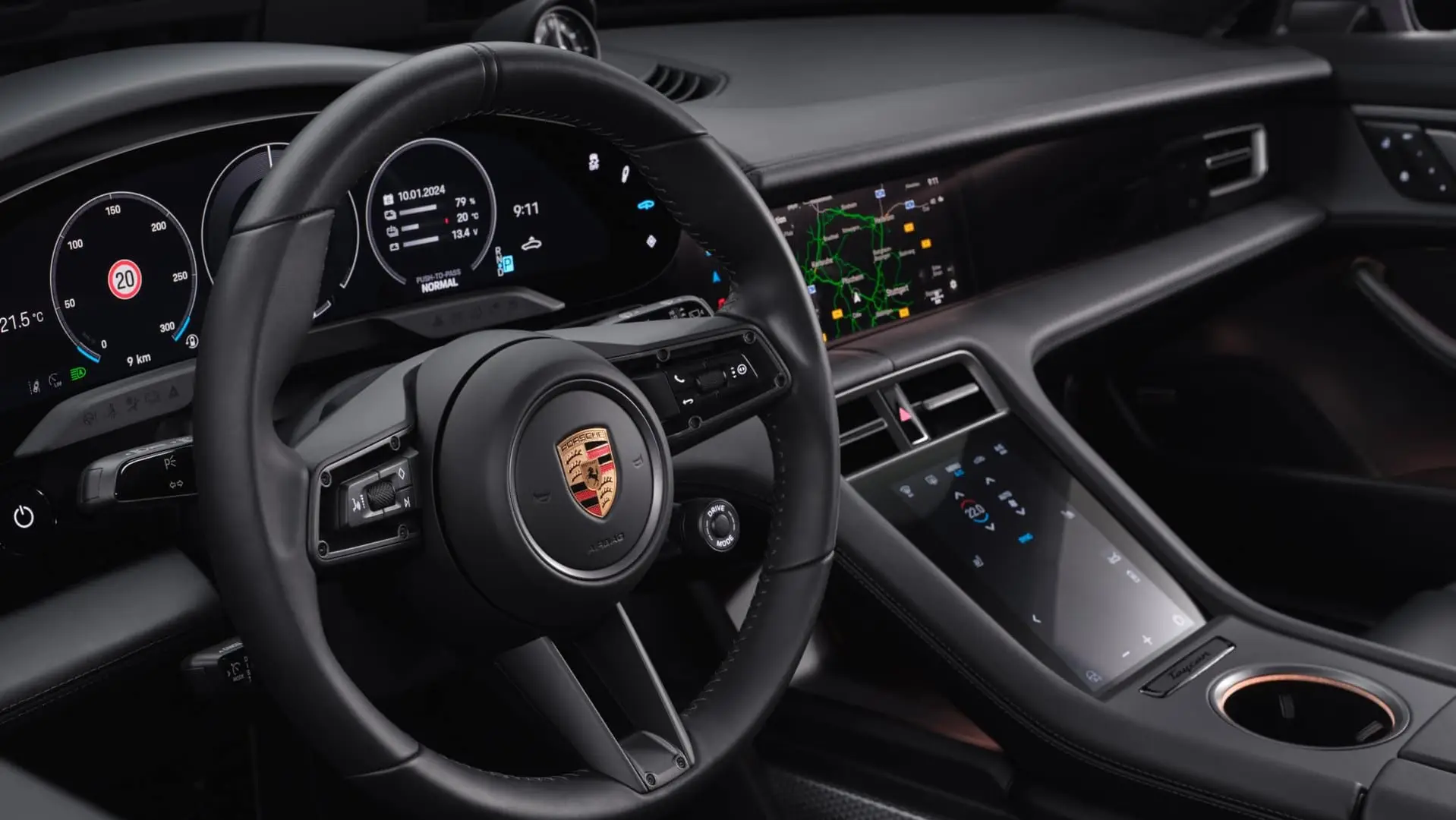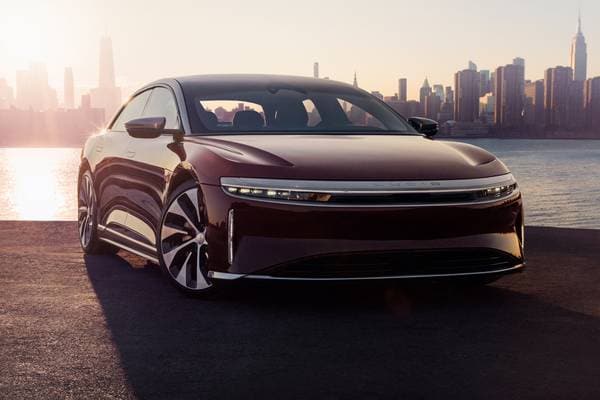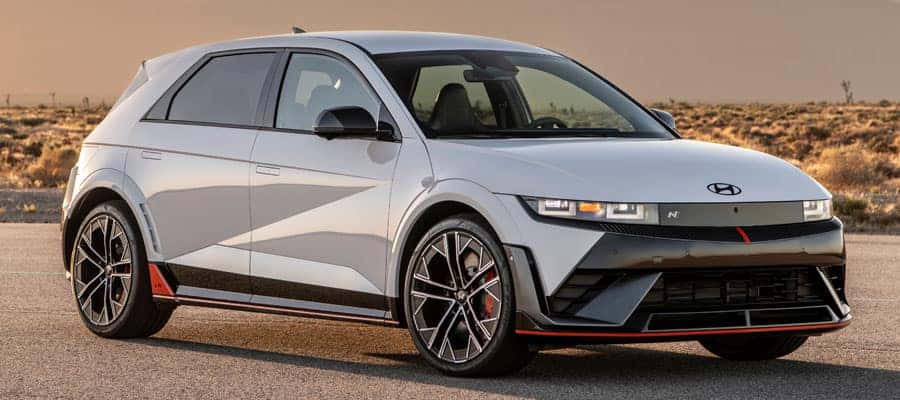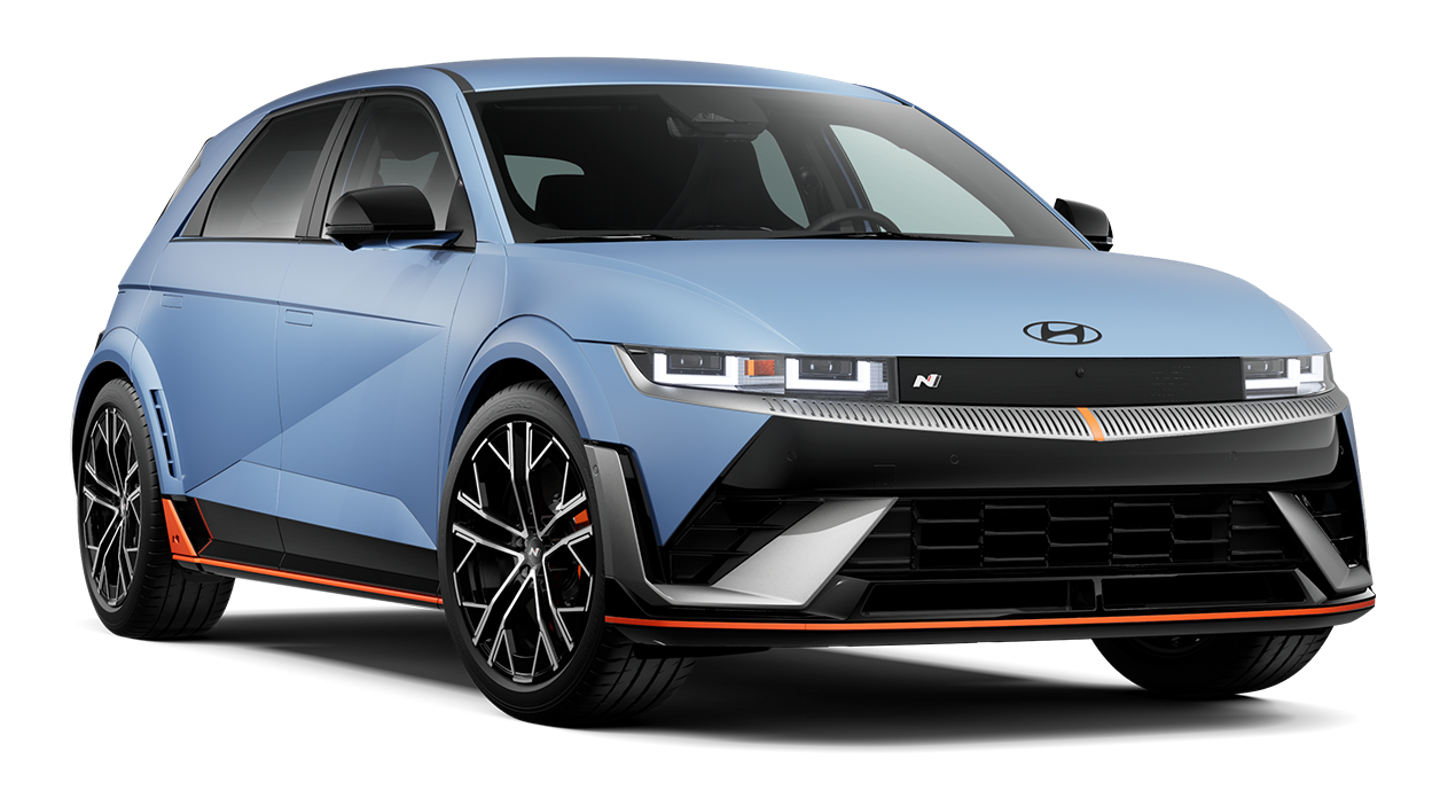As we move into 2025, the electric‐vehicle (EV) market continues to mature at an impressive pace. Better battery chemistry, wider charging networks, and more competitive pricing mean that choosing an EV is no longer just a novelty—it’s a practical choice for many drivers. Whether you’re looking for an affordable city commuter, a family friendly SUV, or a high‐performance luxury machine, 2025 offers a strong lineup. Below, we dive into what makes an EV great in 2025 and highlight several of the standout models you should consider.
What Makes a Great EV in 2025?
Before we look at specific models, it’s important to understand the key criteria that define a top electric car right now:
-
Range & Charging Speed – With more people using EVs for everyday driving and road trips, a solid driving range (300+ miles in many cases) and fast DC‐charging capability (especially 800-volt architecture) are now essential. EV.com+1
-
Value for Money – While performance EVs remain pricey, more affordable models offering healthy ranges and good feature sets are arriving. Ev Unplugged+1
-
Practicality & Usability – That means sufficiently spacious interiors, good build quality, strong tech features (infotainment, driver assistance), and availability of charging infrastructure.
-
Driving Experience & Innovation – Instant torque, strong performance, smart software/connected features, and refreshed design all help elevate an EV.
-
Brand & Ecosystem – As more manufacturers commit to EVs, reliability, network support (for servicing, software updates, charging) and resale value matter too.
With those in mind, let’s look at some of the best EVs of 2025—from budget entry points to high-end luxuries.
Top Picks for 2025
Here are six electric cars from different segments that really shine in 2025:
1. Hyundai IONIQ 6
The Hyundai IONIQ 6 stands out in the mid‐sedan segment. Among its key strengths: an estimated range of up to 342 miles on a full charge in some trims. EV.com+2Kbb.com+2 With sleek aerodynamic design, an 800-volt charging architecture (meaning faster DC fast-charging), and a relatively affordable starting price (compared with luxury EVs) it hits an excellent balance.
Why consider it: If you want strong range and modern design without stepping into ultra-premium pricing, the IONIQ 6 is a contender.
Potential trade-offs: If you need a large SUV or third row, you may need a different model.
2. Chevrolet Equinox EV
For those who prioritize value, the Equinox EV is compelling. A projected starting price in the low $30,000 range, with up to ~319 miles of range. EV.com+1 That makes it one of the most affordable EVs giving serious range in 2025.
Why consider it: Excellent option for families or commuters wanting SUV flexibility and strong specs at a lower cost point.
Potential trade-offs: As with many value models, you may make some compromises in luxury finishes or ultra‐fast charging compared to premium EVs.
3. Nissan Leaf (2025)
If your budget is tight and you’re mostly driving around town, the 2025 Leaf remains a strong affordable EV choice. According to one dataset, it starts in the high $20,000s (before incentives) and offers about 212 miles of range. Kbb.com+1
Why consider it: Great entry point for EV ownership, particularly for city drivers or those not doing long highway drives regularly.
Potential trade-offs: Less range than higher-end EVs; may not be ideal for long road trips without planning.
4. Porsche Taycan (2025 Update)
For drivers who want performance and premium experience in an EV, the 2025 Porsche Taycan remains at the top of that game. According to one review, its updated battery capacity and high performance numbers earned it a top EV award. Car and Driver With rapid acceleration, excellent craftsmanship, and brand prestige, it’s a standout.
Why consider it: If budget is less of a constraint and you want top-tier driving dynamics and premium feel.
Potential trade-offs: High price, and you’ll want to make sure the charging infrastructure and home setup are appropriate to get full value.
5. Lucid Air
Lucid’s Air is pushing the boundaries of EV range and luxury. Some reported numbers show ranges north of 400 miles and very refined interiors. HayqSystem+1 It’s less mass‐market than some models above, but for many EV buyers it represents the aspirational choice.
Why consider it: Top-tier luxury, long range, and cutting‐edge features.
Potential trade-offs: Cost will be high; charging and home infrastructure should be optimized to fully appreciate the car’s capability.
6. Hyundai IONIQ 5 N
Finally, for those who seek excitement in the EV world—really strong performance—the IONIQ 5 N is doing interesting things. One mention noted it as a “performance beast” offering EV thrills. The Sun+1 It blends sportiness with electric efficiency.
Why consider it: Exciting drive, strong performance credentials, a fun alternative to traditional luxury sport EVs.
Potential trade-offs: May require premium budget, may compromise slightly on purely practical metrics (space, cost) compared to other family‐oriented EVs.
How to Choose the Right EV for You
With so many strong models, how do you pick? Here’s a step-by-step guide.
-
Define your primary use – City commuting? Highway driving? Family road trips? If you’re mostly urban, a more affordable EV with ~200-250 miles range may suffice. If you travel long distances often, prioritize range and fast charging.
-
Consider your budget (purchase + running cost) – EVs often cost more upfront than comparable gasoline cars, but lower running costs (fuel, maintenance) help. Factor in charging infrastructure (at home / work) and potential incentives.
-
Check charging infrastructure in your area – Home charging makes life much easier. If you rely heavily on public chargers, look for models with strong fast‐charging capability (especially 800-volt systems).
-
Match size and practicality to your lifestyle – Sedans (IONIQ 6) vs SUVs (Equinox EV) vs luxury flagship (Lucid, Taycan). If you have a family or need cargo, consider interior space and usability.
-
Look at brand/network support and resale – The state of warranty, software updates, service network, and how the car holds value in the EV market can matter.
-
Test drive and examine tech features – Since EVs often include advanced driver-assist systems, infotainment, and unique interfaces (regenerative braking, drive modes), make sure you like how it works in real life.
-
Think about charging/range for your typical pattern – If your daily drive is short but you occasionally do a long trip, ensure the vehicle handles both. Fast charging time and “real‐world” range matter.
Final Thoughts
2025 is a milestone year for electric vehicles. The market is no longer just “EVs are interesting” — it’s “EVs are viable across broad segments.” From high‐value models like the Equinox EV and the Leaf, to premium machines like the Taycan or Lucid Air, there’s an electric car for many types of drivers. The IONIQ 6 and IONIQ 5 N show how even mainstream brands are bringing cutting‐edge performance and value.
If I were to pick one takeaway: it’s about matching your driving habits, budget, and lifestyle to the right EV, rather than chasing specs alone. Range and charging are important, but so are usability, comfort, and long‐term ownership experience.
